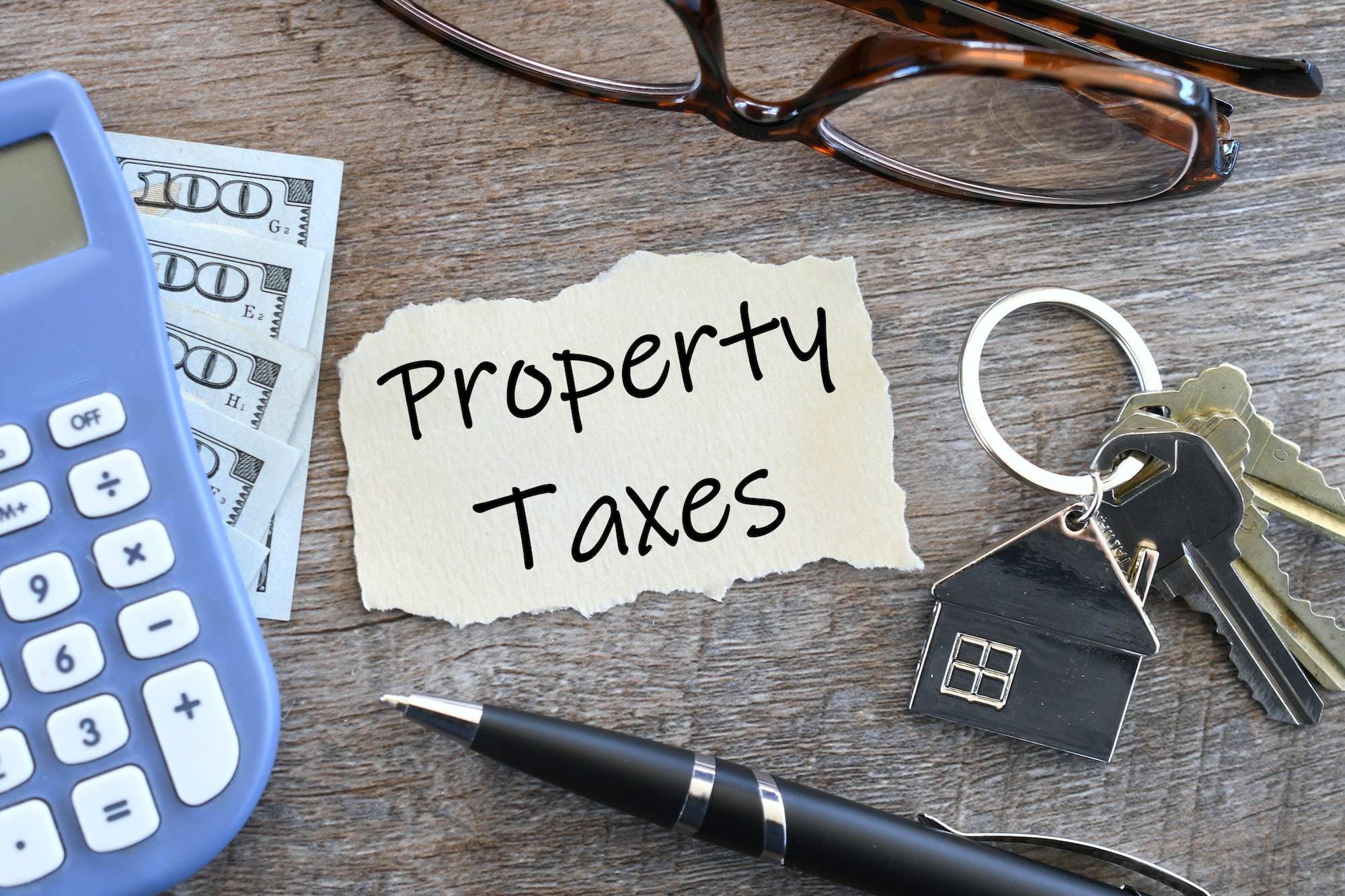How much does an ADU increase property taxes in California?
If you’re a California homeowner looking to build an accessory dwelling unit (ADU) on your property, you may be wondering how this will affect your property taxes. Property taxes are a major concern for many homeowners in California. Prop 13 limits the amount of property tax that can increase each year. In this article, we’ll take a look at how much an ADU may increase your property taxes and how Prop 13 applies to ADUs.
Firstly, it’s important to note that property tax rates on ADUs are typically in the range of 1-1.5% on the build cost. So, for example, if the construction cost of your additional unit is $300K, you might expect to pay around $3,000 in additional taxes per year. However, it’s always advisable to consult with a tax professional to confirm the impact in your specific scenario with a California ADU property tax adjustment.
Throughout California, newly constructed ADUs are assessed at market value as of the date of completion. Typically, assessors will use the cost of construction to value the new guest house. However, assessments may value the improvements at “wholesale” costs, which could be considerably lower than it actually cost to build the guest house.
The Los Angeles County Office of the Assessor conducts the reassessment of ADU property taxes upon the completion of the structure. The assessed value of the ADU is added to the assessed value of the existing property, and the property tax is calculated based on the combined value.
Proposition 13, commonly known as Prop 13, is an amendment of the Constitution of California that caps the amount of property taxes that may increase in the state every year. The amendment was enacted in 1978. The assessed value of properties that were last sold before 1976 is frozen at the level of the same year. The property tax of the properties that were sold after 1976 is assessed at one percent of their purchase price. Prop 13 limits the annual tax cab to two percent or an amount equivalent to the inflation rate in the state (whichever is less) for future years.
So, how does Prop 13 apply to ADUs? When an ADU is added to a property, its assessed value is determined, and it is taxed at one percent and up to two percent based on the Consumer Price Index (CPI). For instance, if the assessed value of your new dwelling unit is $200,000, your tax bill will increase by $2,000 per year ($2100,000 x 1% = $2,000).
One of the most common questions homeowners have is whether the construction of an ADU will trigger a reassessment of their entire property. The answer is no! The construction of a new secondary dwelling will not trigger a complete reassessment of the value of your property, and instead, a blended assessment will be conducted to determine the value of your new ADU.
In summary, building an ADU on your property is an excellent way to optimize your space and add value to your property. However, it’s important to be aware of the potential increase in property taxes. The assessed value of the ADU will be added to the assessed value of your existing property, and you may expect to pay an additional 1-1.5% on the build cost in property taxes each year. Prop 13 applies to ADUs, and the annual tax hike cannot be more than two percent. However, the construction of an ADU will not trigger a complete reassessment of your property, and instead, a blended assessment will be conducted to determine the value of your new ADU. Be sure to consult with a tax professional to confirm the impact in your specific scenario with a California ADU property tax.
Please note that the information on this website is not tax, financial, or legal advice. Please consult a qualified professional.
